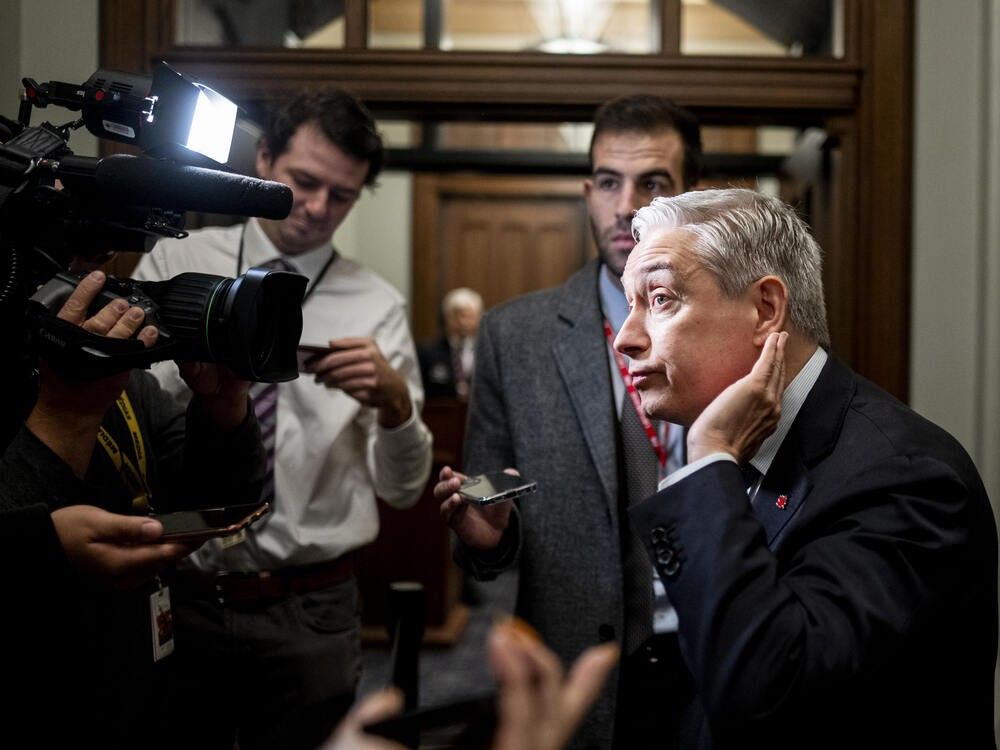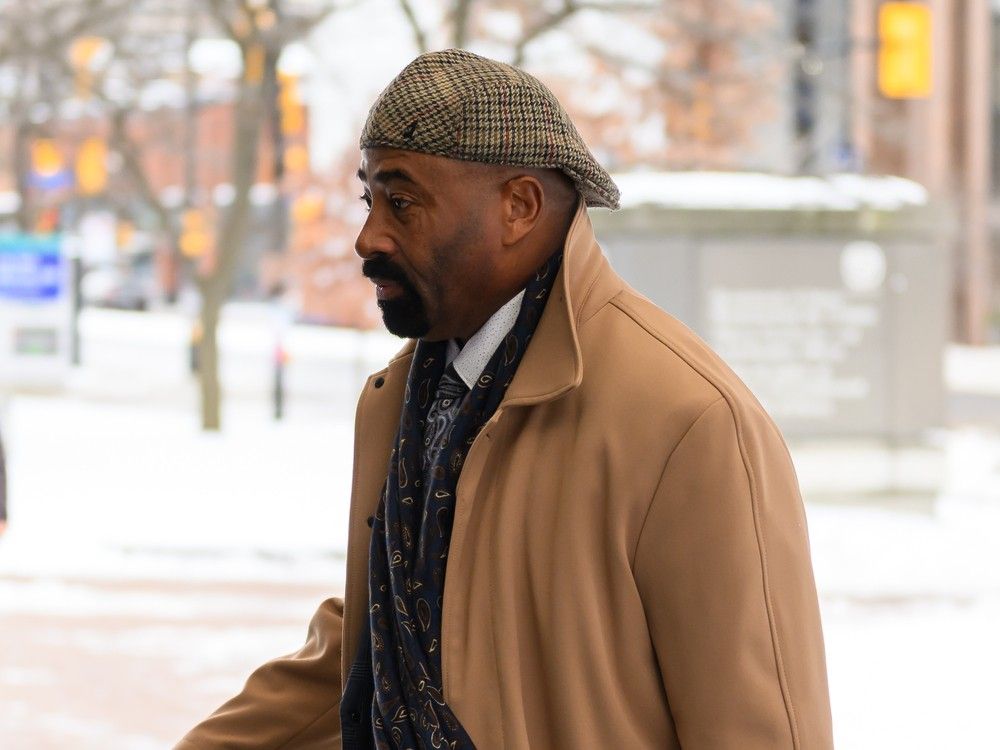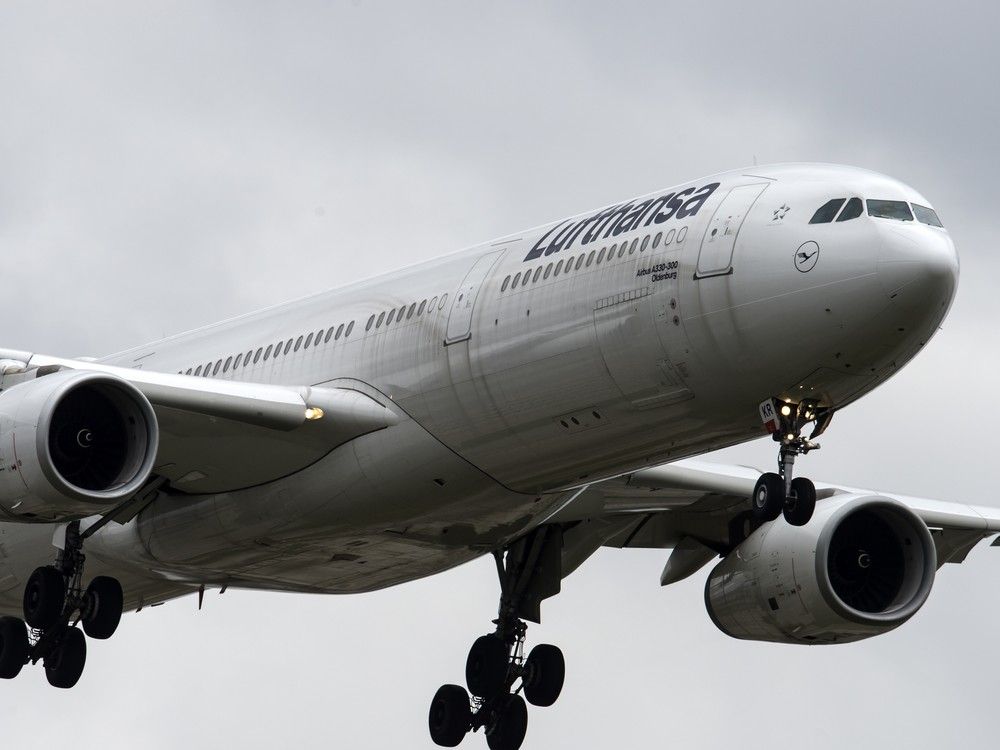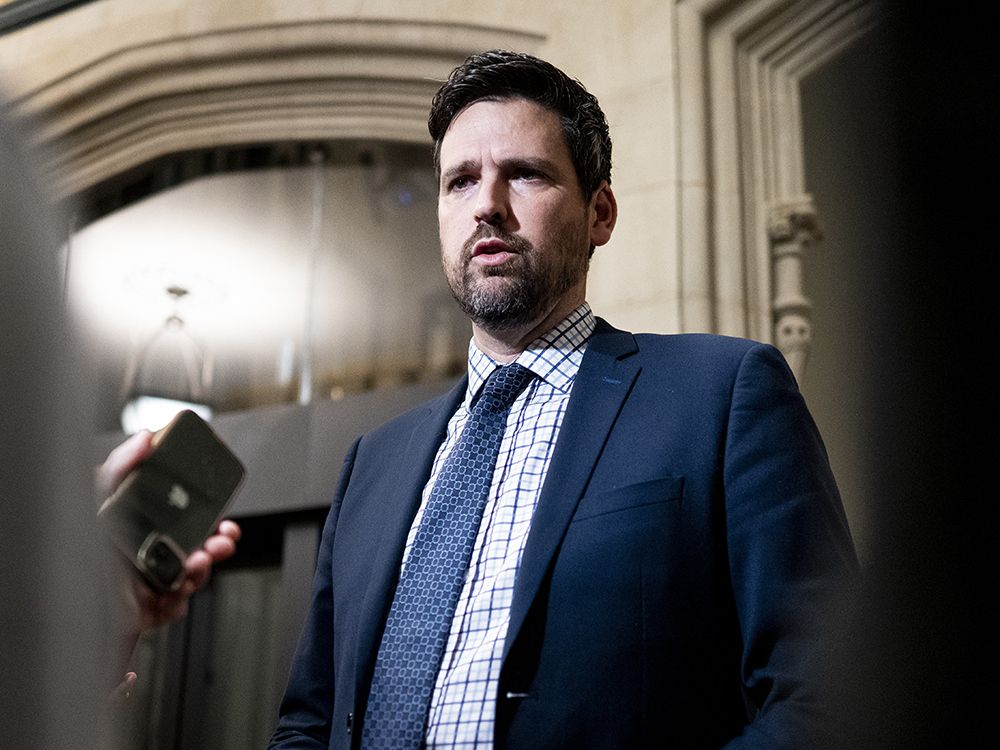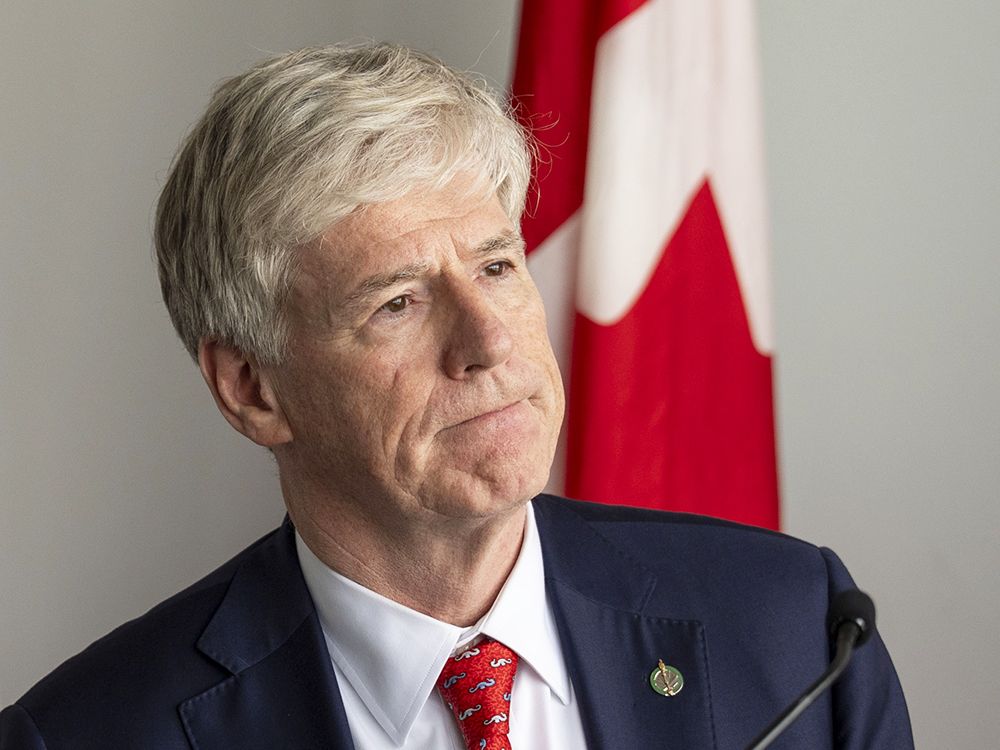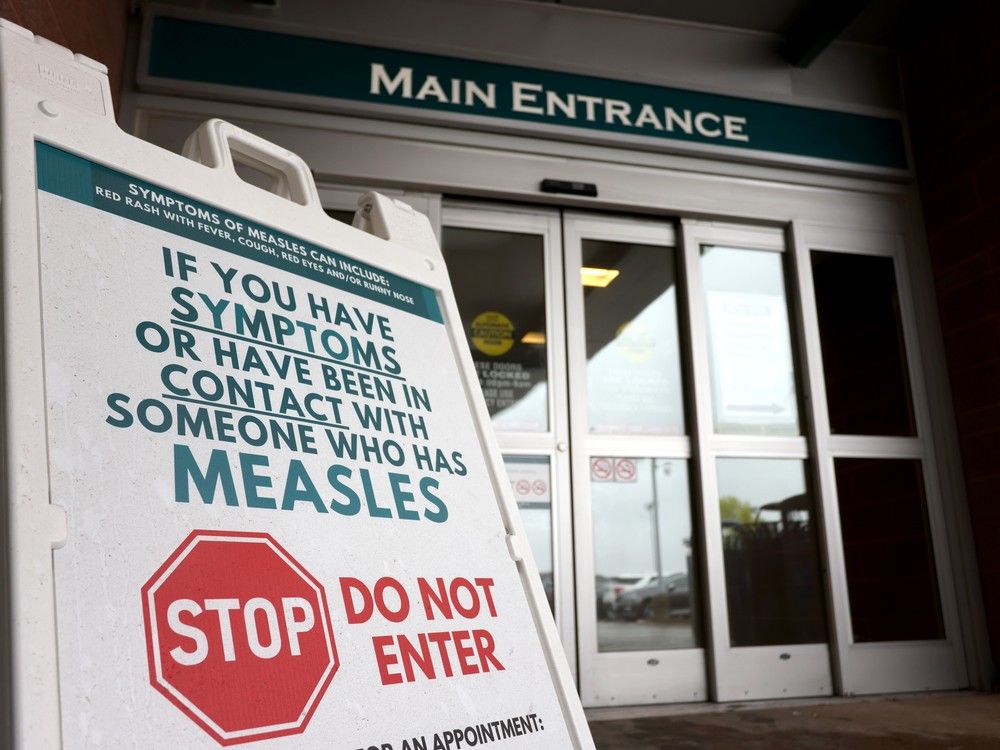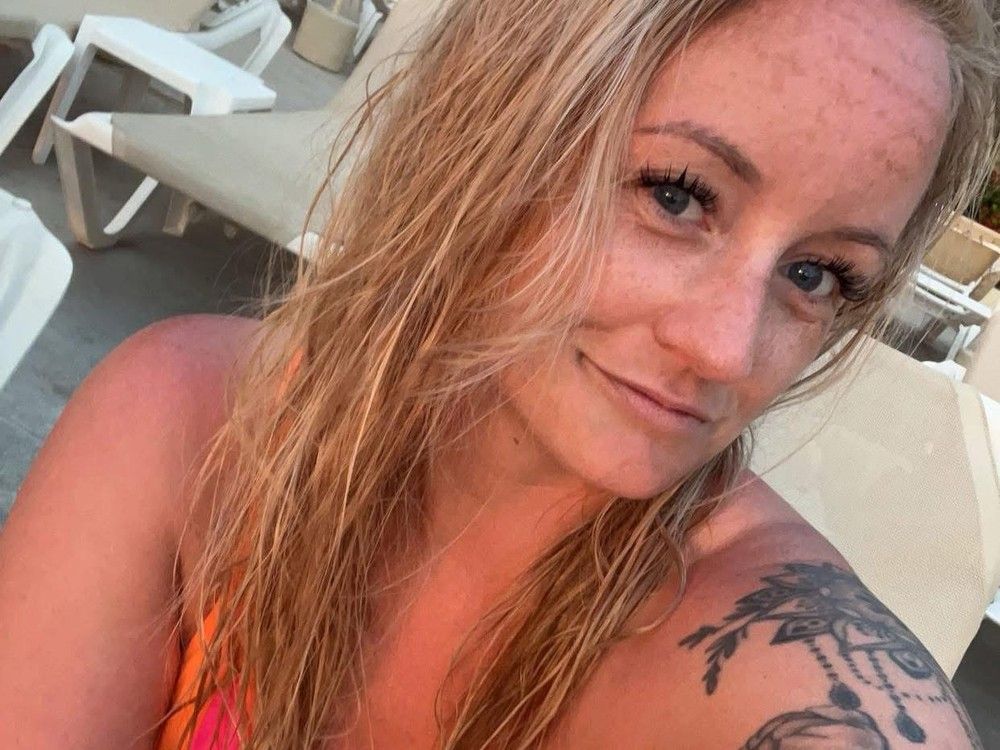
OTTAWA — When Ontario’s two top judges took the stage during the opening of the province’s courts in September, they did something that hadn’t happened in years: they both pleaded for Ottawa to pay for more judges.
“There are not enough judges to meet the demands of the number of cases in the system,” said
Ontario Superior Court Chief Justice Geoffrey Morawetz
, who heads the country’s busiest federally appointed court. “The stakes are high.”
“The Court of Appeal’s complement remains significantly under-resourced compared to other provinces,” Court of Appeal for Ontario Chief Justice Michael Tulloch noted,
describing the challenge as “particularly pressing”
.
Their combined appeal was extraordinary in that both courts have seldom simultaneously pleaded openly for a larger complement. A former judicial affairs advisor in Justin Trudeau’s government said it only happens in “times of crisis.”
Ontario’s courts are far from the only federally appointed benches that say they are in dire need of more judges as the judicial system nationwide bends under the strain of growing and more complex caseloads combined with rapid population growth.
National Post contacted every provincial superior and appellate court in Canada as well as the Federal Court and Federal Court of Appeal to inquire if they faced the same challenges as in Ontario.
Among superior courts — which hear serious criminal cases as well as civil and family matters — and the Federal Court, the response was resoundingly yes.
In total, six of 10 provincial superior courts and the Federal Court said that they have pending requests for additional judge positions to the federal government, while the Quebec Superior Court pleaded for Mark Carney’s government to fill 15 vacant or new positions created by the province in 2024.
The heads of the P.E.I., Nova Scotia and Manitoba superior courts said they are satisfied with their current judicial complements.
At the appellate level, only the Ontario Court of Appeal said it had requested funding for more judges. But others, such as the Saskatchewan and B.C. courts of appeal, warned that the need could arise in coming years.
Chief justices from across the country told National Post that judges are overwhelmed by cases and litigants are increasingly frustrated by the lack of court dates and growing delays, all of which profoundly undermine access to justice.
Katie Black, the Liberals’ main advisor for judicial appointments from 2016 to 2018, said that the sheer number of courts requesting additional judges underscores the gravity of the situation.
“It is rare for Chief Justices to explicitly call on the provincial and federal governments to increase their complement. It is only done in times of crisis,” Black, founder of law firm Black & Associates, said in an email.
“An increase to the judicial complement and court resources cannot be avoided if the objective is to achieve timely access to justice. Neither have kept up with the increase in population density seen in many regions across Canada.”
B.C. Supreme Court Chief Justice Ron Skolrood told National Post he put in a request to the federal government for seven new judicial positions in September.
He cited “increasing volume and complexity of criminal cases” combined with ongoing delays in civil and family matters as the reason his court needs more magistrates.
The superior court of Newfoundland and Labrador said it has requested two new judges and New Brunswick’s said three.
Both Alberta’s and Saskatchewan’s superior courts confirmed they had also requested funding for more judges but did not say how many.
“Alberta’s population is increasing faster than any other province. The pressures on the system promise to intensify,” said Court of King’s Bench of Alberta executive legal counsel Darryl Ruether. He noted that the province has the fewest judges per capita of the country.
In the meantime, many courts said they are prioritizing criminal cases to the detriment of civil or family matters because of the 30-month trial deadline imposed by the Supreme Court of Canada’s Jordan ruling in 2016.
“In many instances the Jordan ceilings for criminal cases require the Court to prioritize criminal matters at the expense of hearing civil and family cases, which can have devastating consequences to the parties,” the chief justices of the B.C. Supreme Court and Court of Appeal said in a joint statement.
The head of the Federal Court — which hears administrative issues such as immigration appeals, military discipline, tax bill appeals and competition cases — said that the court needs two more full-time and two part-time judges to deal with an explosion of cases.
“The Federal Court’s workload has increased by approximately 500 per cent compared to the five-year average before the pandemic,” Federal Court Chief Justice Paul Crampton wrote in a statement.
Through a spokesperson, Chief Justice of Canada Richard Wagner called on the federal government to adequately resource Canadian courts.
“Canadians deserve to have their legal matters heard without unnecessary delay, and that requires having enough judges in place and ensuring they are appointed in a timely manner,” Wagner’s chief of staff, Daniel Byma, said in a statement.
But not all chief justices believe that more judges are the main solution to the issues that plague Canadian courts.
Glenn Joyal, the top judge of the Manitoba Court of King’s Bench, told National Post in a statement that his court implemented a “significant and transformative” reform of its case scheduling system over the last 15 years.
The changes made his court more efficient and made service delivery faster, less expensive and less complex, he said.
“Not all crises in the court system, can or should be expected to be resolved with more judges without a corresponding self-examination as to where systemic and court improvements can take place,” read Joyal’s statement.
In the same vein, Ontario’s Superior Court has recently embarked on a historic reform of its civil procedure rules, a first in over four decades.
“The current state of our civil justice system requires wholesale reform,” Chief Justice Morawetz said during the September opening of the courts ceremony.
Justice Minister Sean Fraser told National Post last week that his office was reviewing each request for new judges but declined to say if there would be money to increase bench sizes in the upcoming Nov. 4 budget.
“We’re currently assessing the validity of the asks that we’ve received to ensure that we agree. When we complete that exercise, and the answer will vary between province and province, we will come to a conclusion,” he responded during a press conference.
In a separate statement, Department of Justice spokesperson Ian McLeod said the federal government had funded 116 new judicial positions across Canada since 2017. That includes money for 54 new judges in superior courts since the 2021 budget.
Courts have to submit a business case to the federal government to justify the increased complement.
But creating a new judge job in a superior or appellate court cannot be done with a wave of a magical budget wand by the federal government.
In fact, every new judicial position requires funding from both the federal and provincial governments.
Ottawa pays for a magistrate’s salary (roughly $415,000 in 2025), while each province covers the salary of their staff and overhead such as equipment, an office and courtrooms.
Since the size of most benches are set by provincial law, a province must generally amend its legislation or regulations to account for the new judges.
That can lead to situations like in Quebec where the province creates new positions that sit vacant because Ottawa hasn’t agreed to fund the additional judge salary.
“On average, each vacancy results in approximately 11 lost trial days per month, depriving the public of timely hearings,” Quebec Superior Court Chief Justice Marie-Anne Paquette said in a statement.
“Including the 6 unfilled additional positions, the total number of lost trial days rises to 165 per month, which represents a significant number of trials and hearings for the citizens we serve.”
National Post
cnardi@postmedia.com
Our website is the place for the latest breaking news, exclusive scoops, longreads and provocative commentary. Please bookmark nationalpost.com and sign up for our politics newsletter, First Reading, here.





